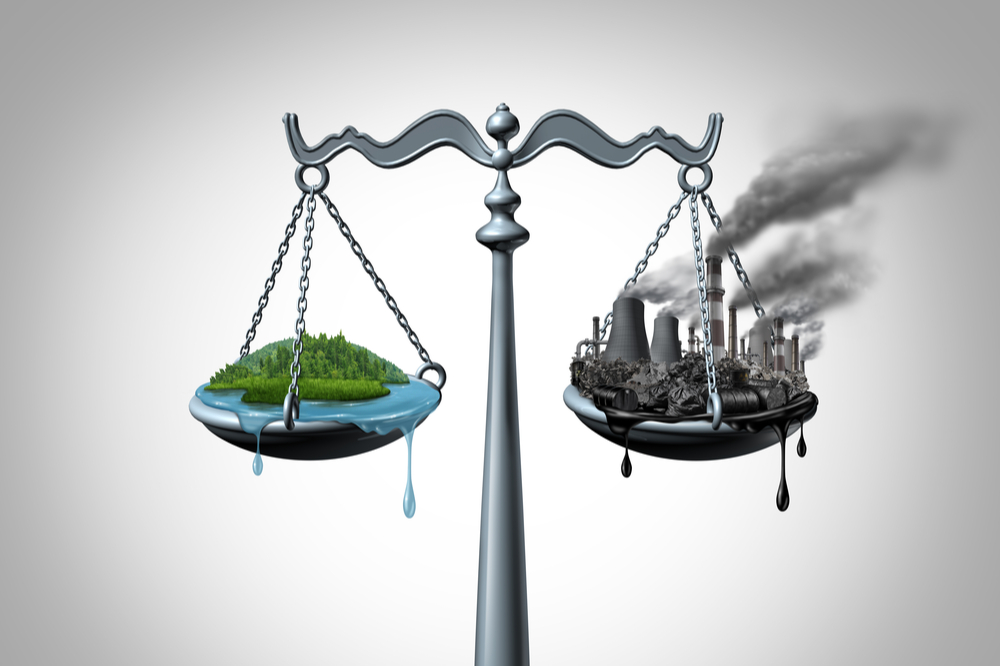Thinking of studying Environmental Law?
Environmental Law aims to protect land, air, water and soil. Without it, the government would not be able to implement fines, community service and even jail time for those who neglect these attempts to protect the earth.
Environmental lawyers may work with a variety of clients from individuals to large corporations to government agencies. They also work on projects relating to renewable energy, sustainability and climate change. Find the right course for you on our Nightcourses.com database here.
What will you learn?
Courses in Environmental Law will introduce students to a variety of subjects related to the planet and preventing damage. These modules include the likes of strategic development, Environmental Impact Assessment (EIA) and nature conservation. As well as that, substitute consent, Aarhus Convention and environmental crime will also be covered.
Students will learn about water and waste management, climate change and emissions. In terms of the legal side of things, students will learn about judicial review and will have judicial guest speakers.
Other courses are split into three modules. The first includes environmental law, the overall structure and recent developments. The Environmental Protection Agency, environmental enforcement, and the role of Irish Water will be covered.
The second is the legislative framework and regulation of planning law in Ireland. The National Asset Management Agency (NAMA) and the impact of environmental law on planning are part of this module. The final unit is about litigation and interface of environmental law and planning. This includes judicial reviews of An Bord Pleanala, environmental liability and directive and transposing directive.
Environmental Law courses are suited to the public sector, private sector and in-house solicitors working in the areas of conveyancing and planning, commercial litigation and environmental law. As well as that, trainee solicitors and students can take it up to further their knowledge.
Civil servants working in a local authority in environmental and planning departments, barristers who practice in the area of commercial litigation and any other professionals who work within the subject can also take the course.
Courses vary in terms of length and delivery, which means you’re sure to find a course to suit your needs while fitting around pre-existing work schedules and life commitments. Some are delivered online, while others are in person. There are even options to blend the two.
What career paths are available to me?
There are many options for those interested in taking on an Environmental Law course.
After completing a certificate course, graduates can move into any similar role in the field. The option of becoming an environmental lawyer is also viable. A course in this subject can help those interested in saving the planet to do it in such a way that implements huge changes on a local, national or international level.
There is also the option of going onto further study in areas such as law, planning and beyond. Students can combine their knowledge of environmental law with other subjects that interest them such as politics, media or education.













